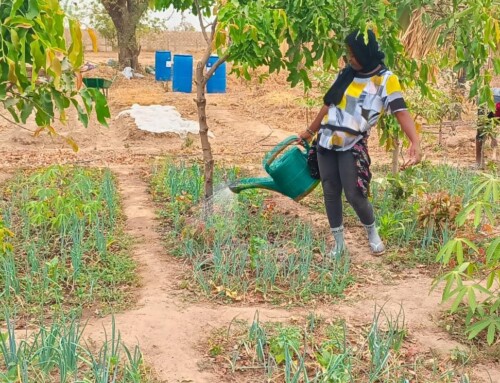The project was carried out from September 2022 to March 2023 in Puebla, Mexico. The activities and workshops varied depending on the needs of different schools, their teachers and the resources available. The schools were chosen based on where JUCONI’s target population is located, so that teachers could get to know about the work of the foundation and become part of its impact by learning how to create positive and safe relationships with their students and replicate safe spaces at school and at home.
Ultimately, workshops were organised at two preschools + seven primary schools, involving a total of 3245 children – 1623 girls + 1622 boys. One hundred and forty teachers attended – one hundred and seven females and thirty three males. At one primary school, staff from JUCONI also delivered oral reading sessions for eighty four girls and eighty four boys.
Workshops for caregivers were also crucial for the development of this project because they complemented the ideas being taught by teachers working at the preschools and primary schools. In total, one hundred and fifty two caregivers attended – nineteen men and one hundred and thirty three women across the two preschools + seven primary schools.
During the series of workshops, it was satisfying to see the evolution of responses coming from teachers and caregivers as they considered the importance of the relationships that they have with their pupils/children. The input by participants was taken seriously and by the end of the programme we were pleased to hear people reaffirming the importance of generating safe spaces, practising emotional validation, maintaining order and recognising that the cleanliness of these spaces also helps children to become calmer and to feel supported and heard.
There were also several challenges, some of them not related to the direct implementation of the project but which impacted on the groups. For example, in some schools there were problems with the water supply (which have now been improved) but this highlighted the fact that basic health and safety facilities were not always guaranteed. Some teachers reported that they felt overwhelmed with what was being asked of them in their role as educators in addition to experiencing a lack of participation by their students’ caregivers. This feeling was echoed by a number of teachers but thanks to the workshops they have started to take the initiative to implement actions to improve the safety of their students. For example, they have reorganised their classrooms and planned their lessons to reduce the probability of risks and danger. They have also generated coexistence and containment agreements between teachers and students as well as teachers and caregivers.
The project highlighted a number of recommendations that included the need for school management and government teams to recognise that schools can become additional support networks if appropriate work is done with teachers around ‘safe spaces’ and with intervention via organisations like JUCONI. In addition, the importance of identifying the basic health and safety needs that schools have e.g. proper access to water and electricity supplies, a quick response time when dealing with the repair of broken windows/furniture etc., since the lack of these means that schools are not safe for staff, pupils and anyone wanting to visit to do inservice training. Finally, there is a need for a sufficient number of specialised personnel, such as psychologists, to be available to support both pupils and staff in achieving positive outcomes.






